What to know
U.S. CDC donated laboratory equipment to Kazakhstan and trained laboratorians during COVID-19 to increase testing capacity. Processing more tests and returning results faster helps slow the spread of COVID-19 and saves lives. Workforce training and equipment continue to be valuable to respond to future public health emergencies in Kazakhstan.

Photo essay
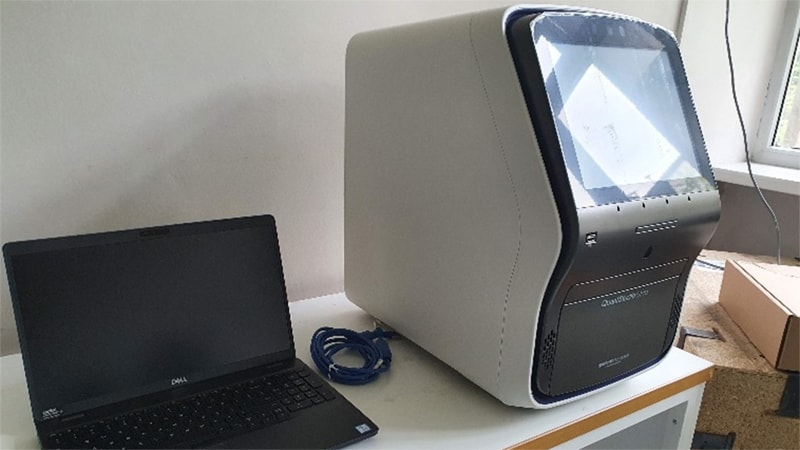
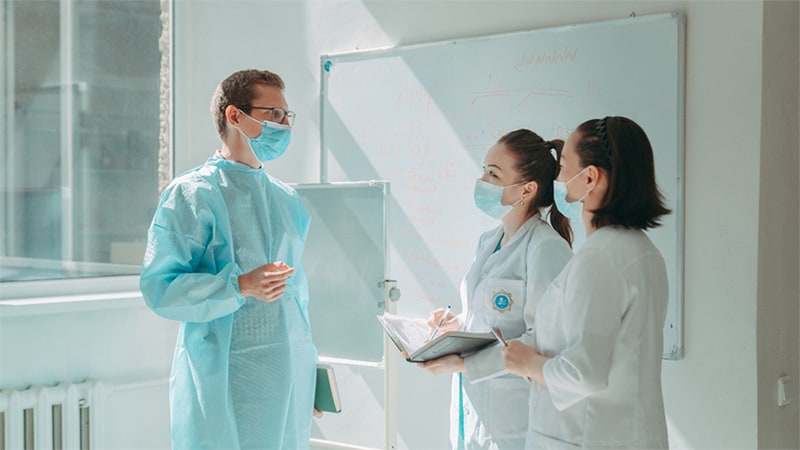
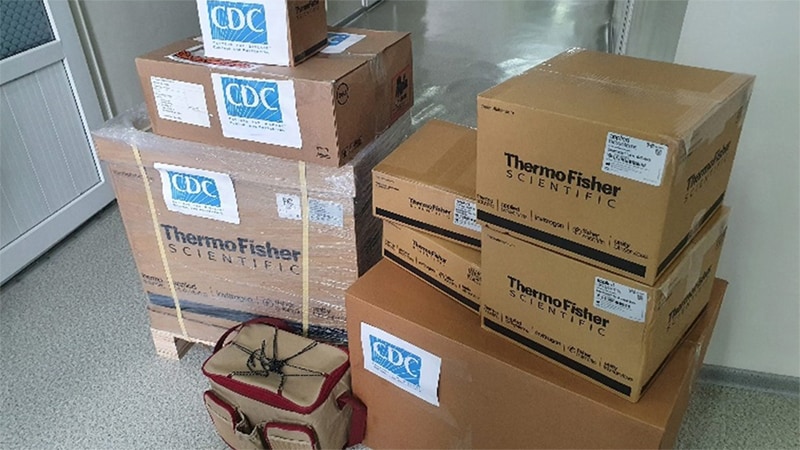
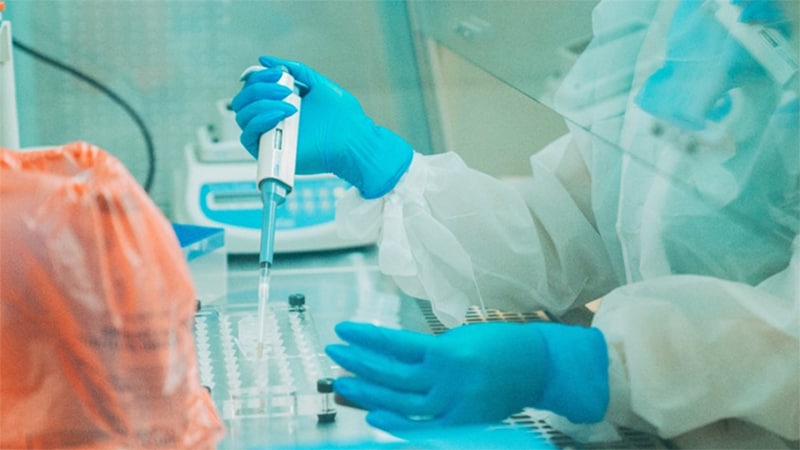
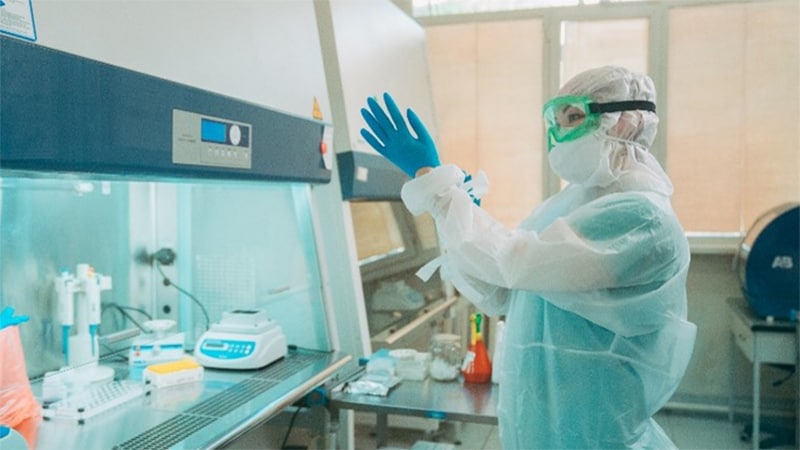

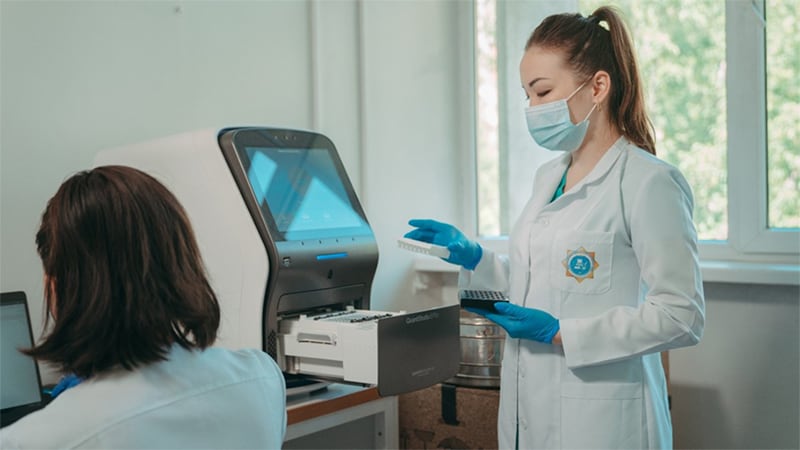
Content Source:
Global Health Center
